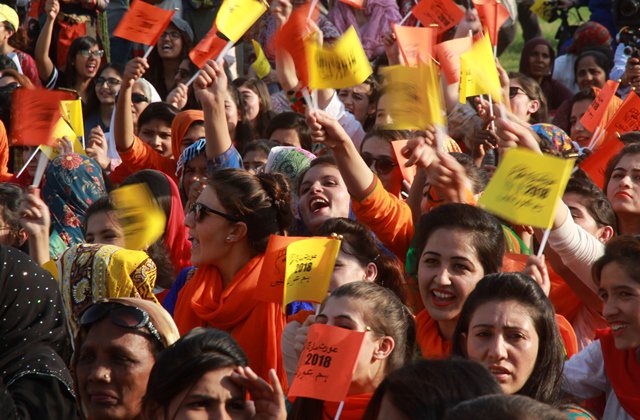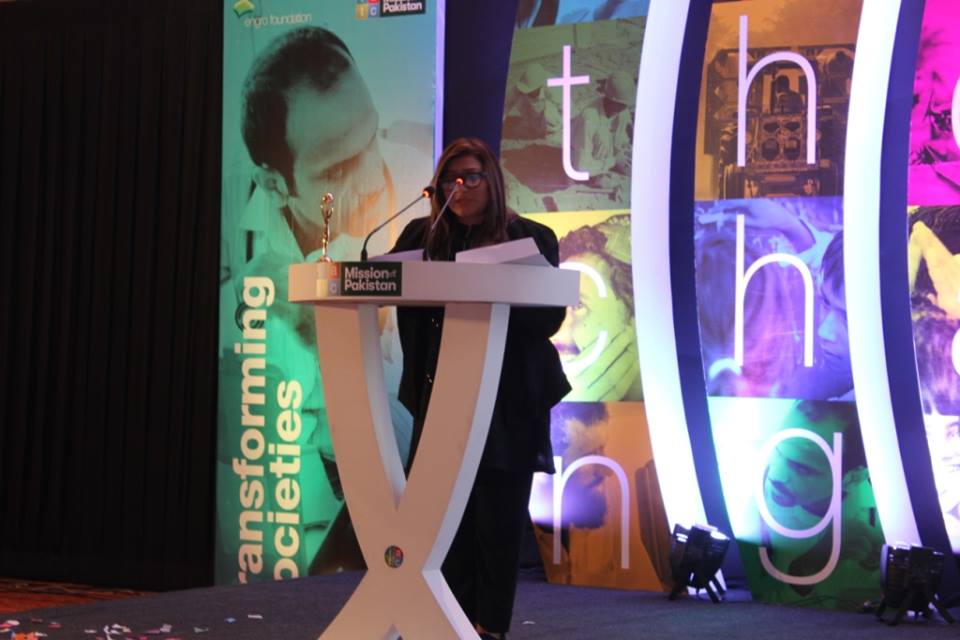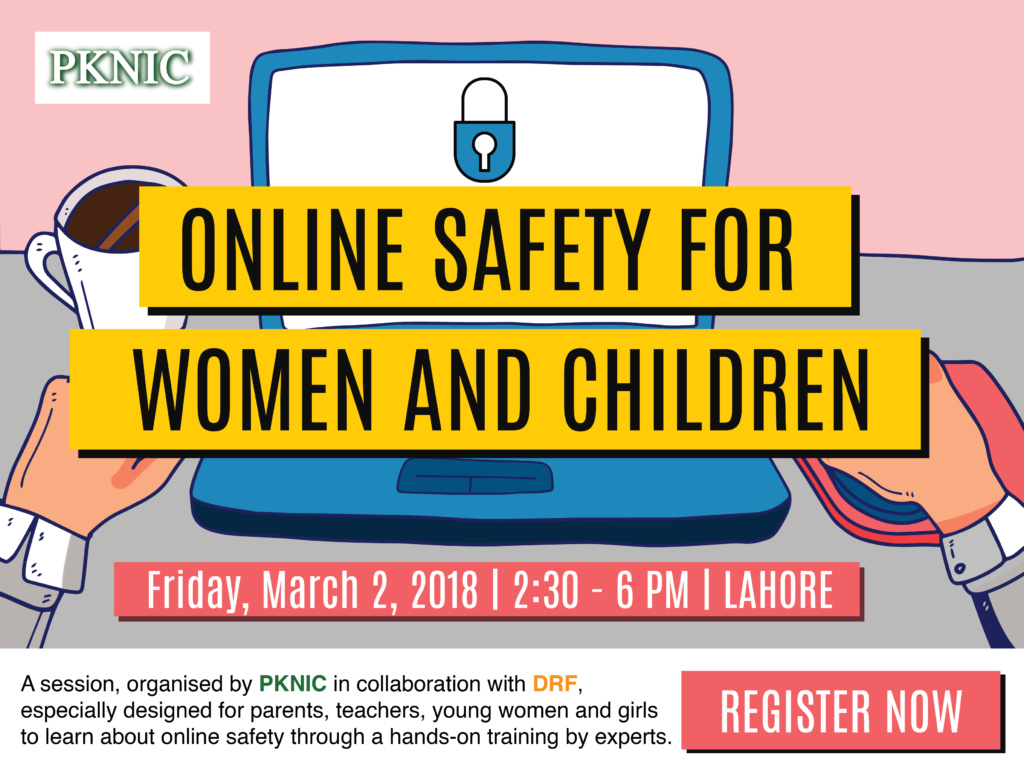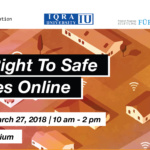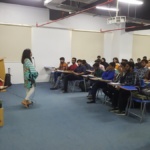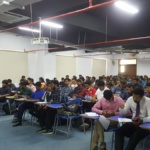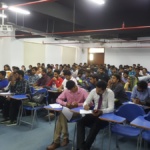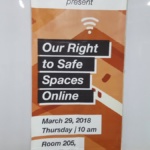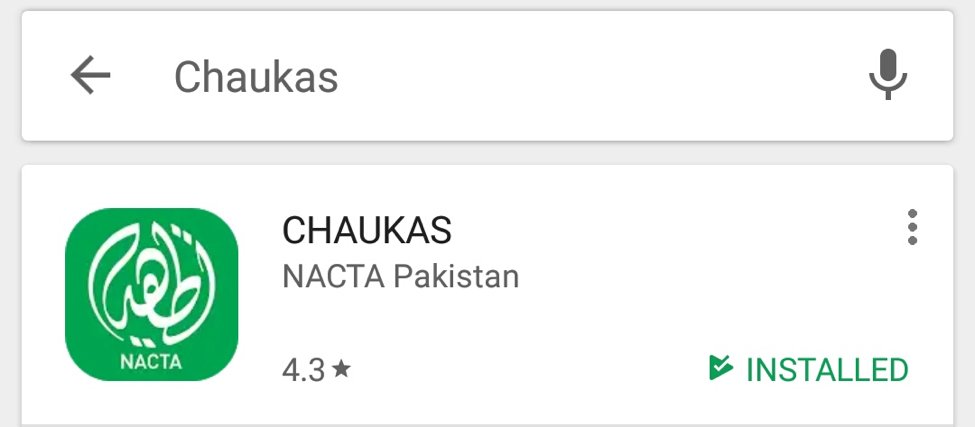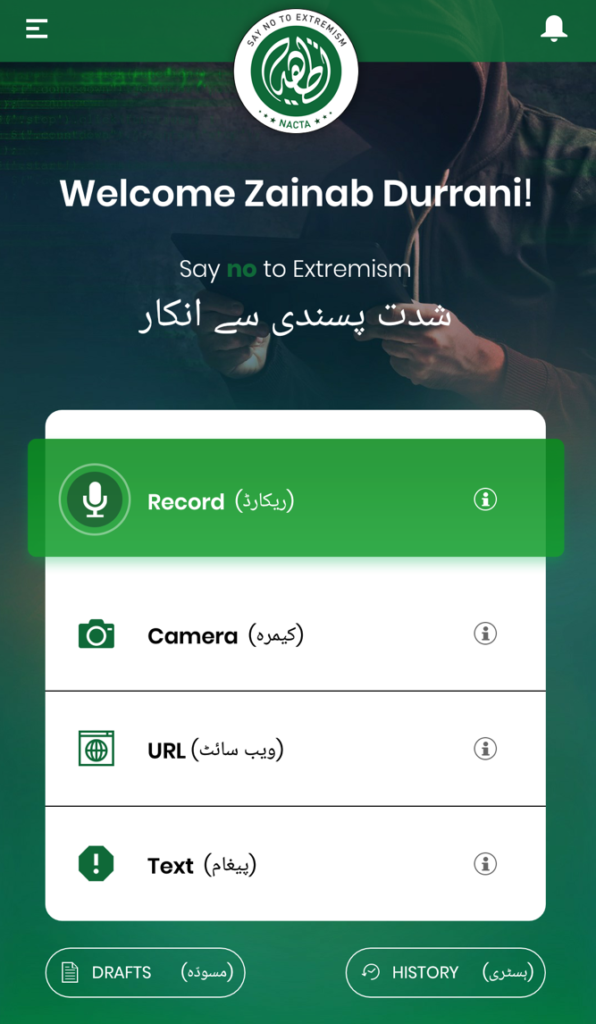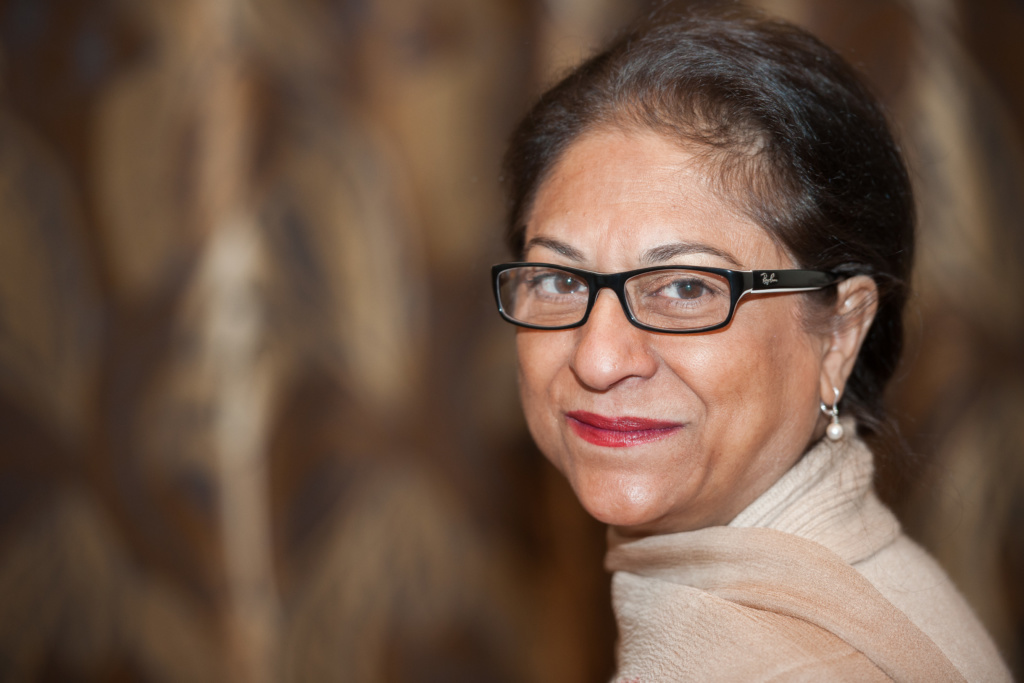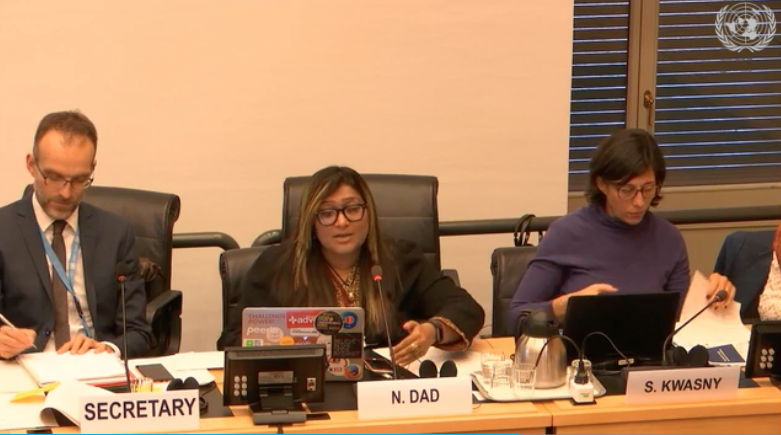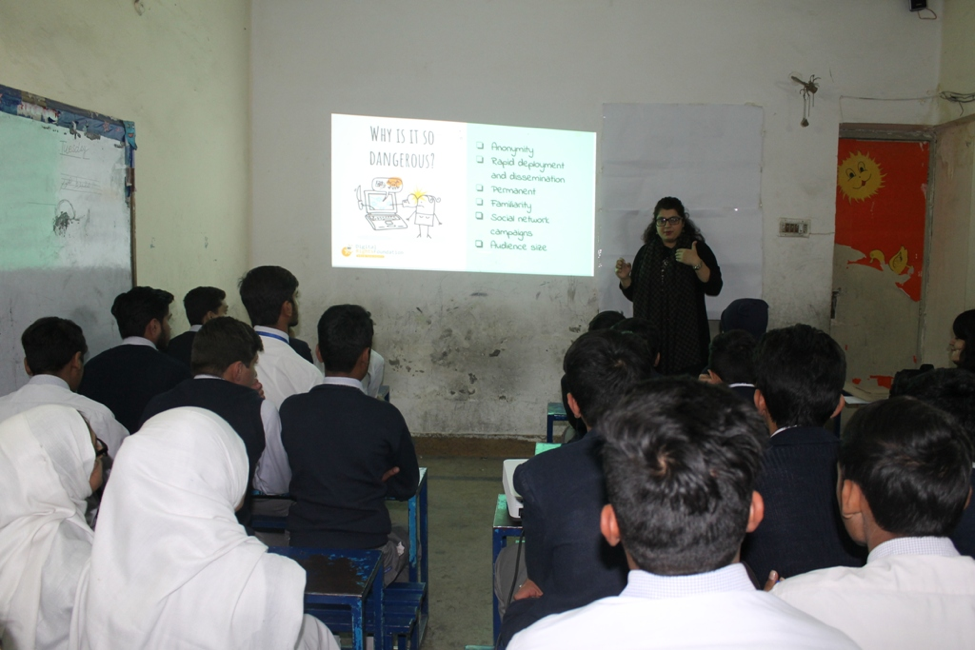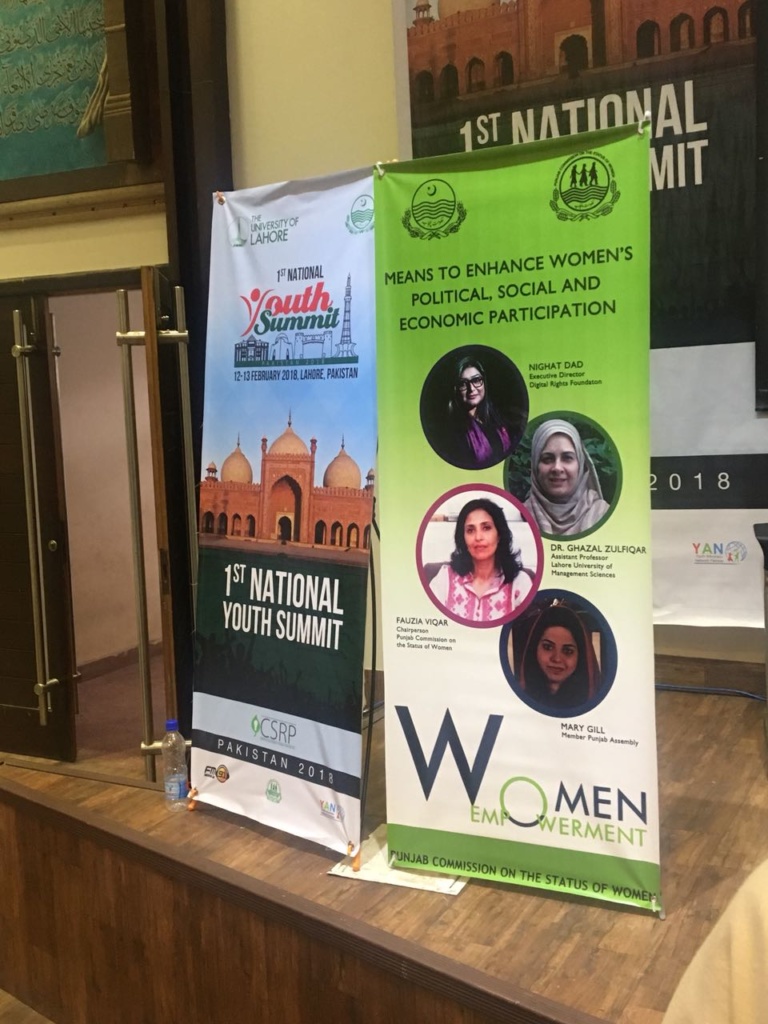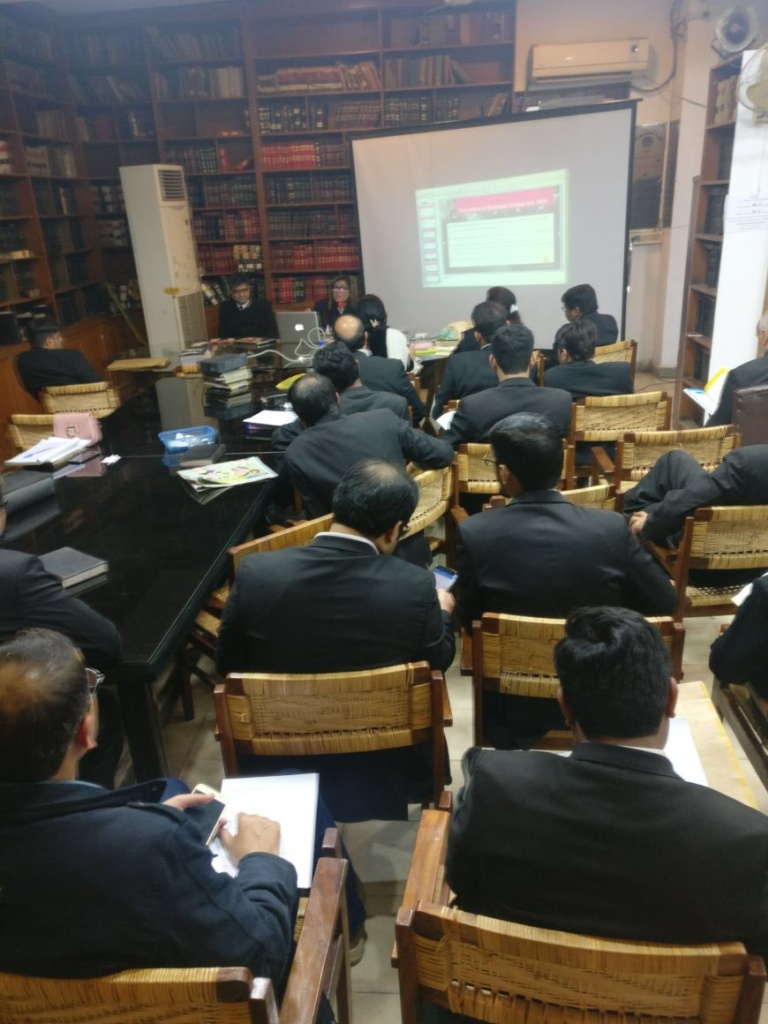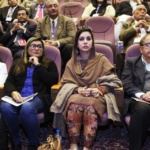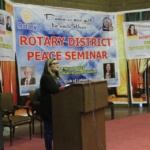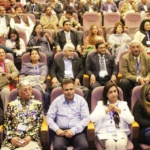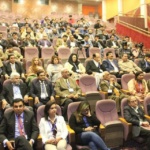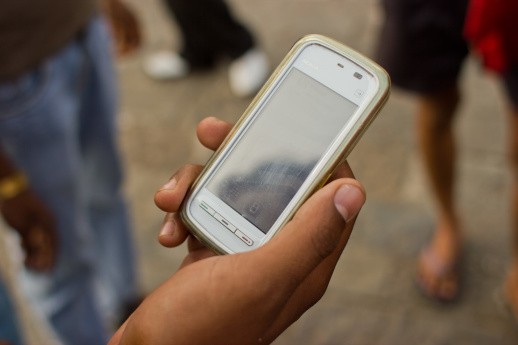April 10, 2018 - Comments Off on DRF Submits Recommendations to OHCHR on Right to Privacy in the Digital Age
DRF Submits Recommendations to OHCHR on Right to Privacy in the Digital Age
In response to the Office of the High Commissioner of the UN’s Human Rights (OHCHR)’s call for inputs to its report on the right to privacy in the digital age, the Digital Rights Foundation penned down its recommendations and observations.
The prime concerns highlighted by DRF were the state of affairs in Pakistan with regards to the country’s treatment of its citizens’ data privacy and the kind of digital protection it affords us in what is an increasingly technology-reliant age.
A major share of the blame for Pakistan being ‘not free’ for a consecutive 6 years in a row as per the Freedom on the Net Reports, an indicator of a country’s internet culture, goes towards the kind of legislation that has been enacted in recent years. Case in point here would be the somewhat draconian Prevention of Electronic Crimes Act (PECA) 2016, a double-edged sword that was introduced in 2016 and works to curtail certain freedoms, most importantly the freedom of expression and right to privacy, by making them punishable by law. Ss. 33 and 34, for example, afford the government in tandem with the law enforcement agencies to acquire and retain data and communication vis-à-vis a court-issued warrant for a time period that though quantified can be elongated upon the arising of special circumstances.
The key focus of this report remained on highlighting the issues with our policy-making instruments and the goals that they appear to wish to achieve which appears far-removed from instilling a sense of security in the general populace.
In terms of Pakistan’s legal framework housing encryption and data protection legislation, a sad confirmation that our report provides is that we have no active legal protection from being barred from using encryption software or VPNs to browse the Web. In fact, a legal notice issued by the Pakistan Telecommunication Authority to all internet service providers (ISPs) circa 2011 ordered any usage of or access to VPNs requested by the companies’ customers, to be reported to the Authority. This not only fosters a culture of deep mistrust in the internet-accessing population of the country but also contributes to international indicators such as Freedom House’s annual reports rating Pakistan as one of the worst domains for its internet users.
DRF has lobbied with much persistence in the last year to bring this issue to the forefront and for it to form the headline of national debate so that this engagement may lead to policy and lawmakers to legislate on the matter. The Open Government Partnership (OGP) that DRF is a part of has also helped to relay our concerns to the relevant authorities as well as the policy brief that we have issued to concerned government departments regarding possible data protection law that can be enacted by the Parliament.
Another pertinent concern is the state-backed monitoring that has been known to target journalists, human rights defenders and women at large under, ostensibly, the ambit of the National Action Plan that was launched established by the Government of Pakistan in January 2015 to crack down on terrorism. The potential for misuse and abuse of authority is manifold and is a cause of great concern amongst the civil society.
This monitoring can be aided greatly in this day and age by social media platforms who have almost unhindered access to a lot of data that is voluntarily provided and also to the kind of data we do not know we are giving away, every day with every post like or share or every app that we download on our information systems.
An extension of this concept is the kind of targeted monitoring that is centered on minorities and certain genders. Also the lack of privacy and protection that can result in data breaches is a serious issue particularly in our corner of the world owing to the overwhelmingly patriarchal norms that are almost set in stone here and are the reason for the great disparity between the sexes in terms of education, opportunities and basic lifestyle. This is the same mindset that would react to a young woman’s data breach with threats to life rather than just being a mere inconvenience and is a very important reason why the necessary laws need to be put in place.
The report itself covers a wider range of inputs that we have directed to the Office of the High Commissioner of the UN’s Human Rights division and is available here.

